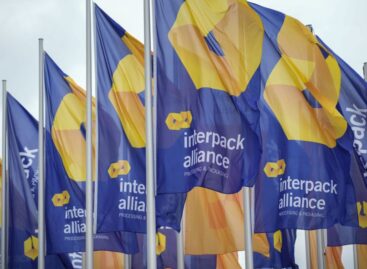Gradual transition: new EU regulation transforms the packaging market
The European Union’s new packaging regulation fundamentally changes the future of consumer product packaging. The goal is to drastically reduce packaging waste and prioritize environmentally friendly solutions, while the scheduled introduction of the transition gives businesses time to adapt – writes ujszo.com.
Scheduled regulatory tightening
 The first milestone of the legislation will arrive in 2028, when compostability will become mandatory for certain product groups. From 2030, only packaging with a recyclability index of at least 70% will be allowed to be sold. The ultimate goal is to reduce the amount of packaging waste per capita by 15% by 2040 compared to the 2018 level.
The first milestone of the legislation will arrive in 2028, when compostability will become mandatory for certain product groups. From 2030, only packaging with a recyclability index of at least 70% will be allowed to be sold. The ultimate goal is to reduce the amount of packaging waste per capita by 15% by 2040 compared to the 2018 level.
Spectacular changes in hospitality
Mini shampoo bottles may disappear from hotels, and the era of single-serving foods may gradually die out. They could be replaced by refillable pump dispensers, packaging-free buffets and refillable food dispensers. According to experts, these solutions are not only environmentally friendly, but can also be cost-effective for operators in the long run.
“Many people wouldn’t think so, but a tea bag can only be composted if its label and fastener are also biodegradable,” said Katinka Riz, quality assurance expert at Reményi Csomagolástechnika Kft. She said the goal is not to eliminate convenience, but to provide it in a more sustainable form.
Related news
Sz. Variant from Debrecen won a WorldStar award with a Stühmer packaging
🎧 Hallgasd a cikket: Lejátszás Szünet Folytatás Leállítás Nyelv: Auto…
Read more >Related news
How Coca-Cola plans to build more billion-dollar brands
🎧 Hallgasd a cikket: Lejátszás Szünet Folytatás Leállítás Nyelv: Auto…
Read more >Tesco sets out store expansion plans in 2026 including five former Amazon Fresh sites
🎧 Hallgasd a cikket: Lejátszás Szünet Folytatás Leállítás Nyelv: Auto…
Read more >








